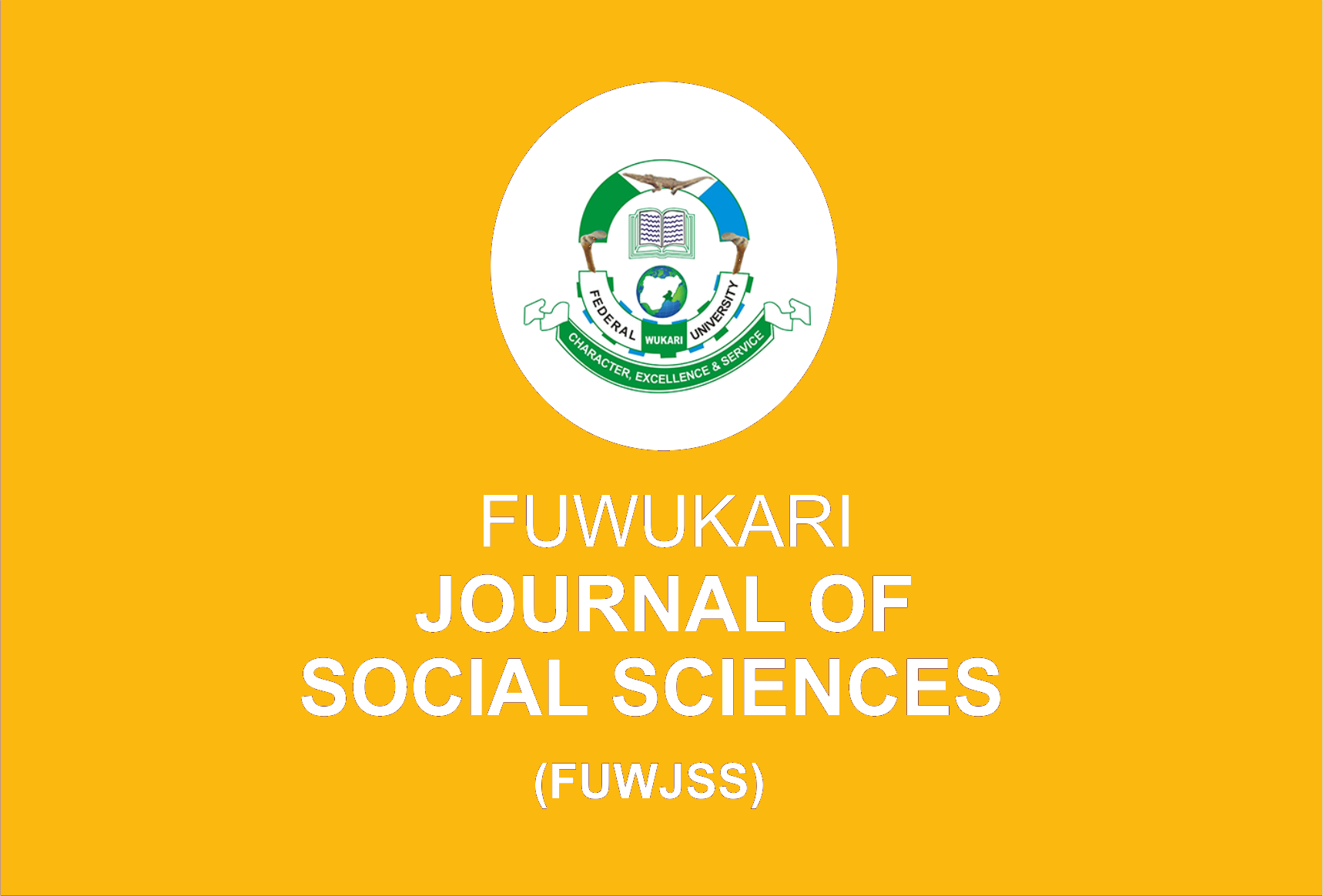Structural Adjustment Programme And Revamping Of Nigeria’s Economy Towards Self-reliance And Growth
Ibrahim Salihu Kombo, Ndaliman Salihu Alhji Isah
Keywords: Nation-state, foreign exchange, dependency theory, policy, loan
Abstract
Across nation-states of the world, the elevation of national economic interest in foreign policy is assuming increasing prioritization. Nigeria’s first military president aligned to this general principle and objective to redefined areas of priority by introducing structural adjustment programmes in order to promote domestic economy growth and development. This study analyses potentials of the structural adjustment programme (SAP) in restructuring the Nigerian economy towards self-reliance and growth. Dependency theory forms the theoretical framework for the study. Data emerged through documentary research which majorly relied on secondary sources. The study findings established that the policy potentials of SAP resided in promoting a more and efficient economy, which ultimately was to improve living standards and reduce relative poverty. In this way SAP sought to adjust Nigeria’s economic structure, improve international competitiveness and restore Nigeria’s balance of payments. The study concludes that the economic interference of Bretton Woods’ institutions in Nigeria has no large interest on Nigeria economy but conflict of interest based on the conditional aids these institutions offer. The study recommends that the Nigerian State should always prioritise its national interest above any other interests while canvassing and negotiating for aids or loans.
Author Biography
Ibrahim Salihu Kombo
Department of Political Science, IBB University Lapai, Niger State
Ndaliman Salihu Alhji Isah
Department of Public Administration, IBB University Lapai, Niger State

